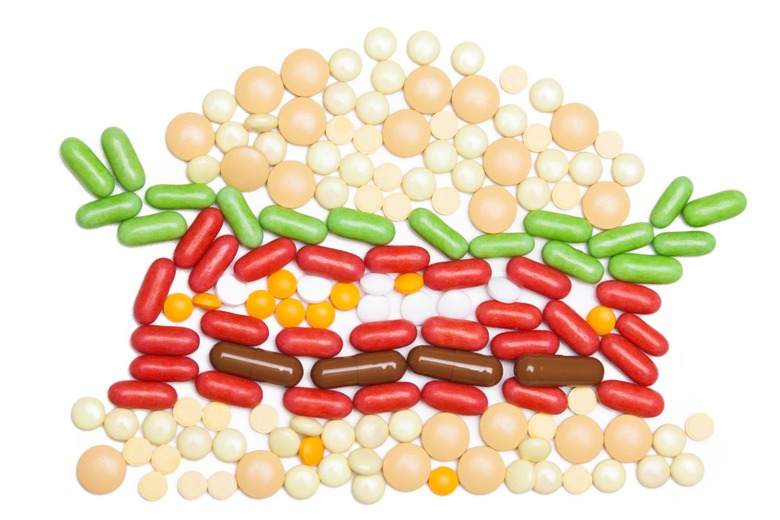The Meat Industry Ignores FDA Warnings And Continues To Use Increasingly More Antibiotics
Despite warnings from the FDA, according to recent data from federal regulators, the meat industry's appetite for antibiotics has been insatiable. Since 2009, livestock farms' purchases of antibiotics has risen 23 percent, and in the past year alone, has increased three percent, according to Reuters. Public health officials, the FDA, and scientists agree that the usage of antibiotics is not only potentially harmful to the animals, but also poses a serious risk of creating antibiotic-resistant bacterium that could potentially make humans very sick.
"Dangerous overuse of antibiotics by the agricultural industry has been on the rise at an alarming rate in recent years, putting the effectiveness of our life-saving drugs in jeopardy for people when they get sick," said Avinash Kar, senior attorney for the Natural Resources Defense Council.
In 2013, the FDA introduced guidelines to warn agritech businesses to slow their usage of antibiotics, but so far the guidelines seem to have made little or no impact, with agricultural businesses arguing that usage of antibiotics is necessary to keep up with supply and demand.
Unfortunately, what we have feared has already come to pass: Chinese and British scientists have recently found a superbug, a strain of E. coli that's completely resistant to antibiotics. A similar strain was also found in poultry from Germany, according to Australia's News.com. What's even worse is that the strain of superbug is extremely contagious.
"A number of studies have shown that travelers going to countries that have resistant bacteria in them will often come back with those resistant bacteria sitting in their bowels," Dr Sanjaya Senanayake from the Australian National University College of Medicine, Biology and Environment. "If it doesn't cause an infection then it's OK and usually after a few months they lose that bacteria. But if it does it can cause serious problems."
